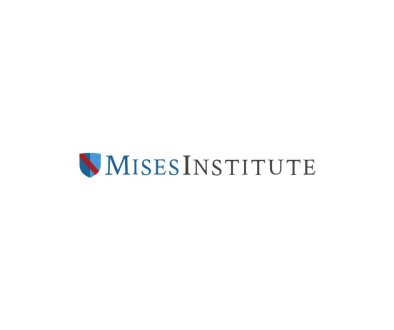The Domicile Dead-End
Trump’s anti-birthright executive order is often described as being targeted at people who enter the country unlawfully. But its scope is broader, closely tracking the anti-birthright “theory” of disgraced, disbarred, and discredited former Chapman University law professor John Eastman. Consistently with Eastman’s proposals on the subject, the EO also excludes the children of immigrants who entered the country legally but are not lawful permanent residents—i.e., not green-card holders.
I’ve spent the last two posts critiquing Kurt Lash’s shockingly weak argument that the original meaning of the Citizenship Clause excludes the children of unlawful entrants from citizenship. But not even Lash commits to defending the component of Trump’s EO which excludes lawful temporary visitors. The obvious problem with this component from the standpoint of Lash’s parental-loyalty-based account of birthright citizenship is that lawful temporary visitors have voluntarily submitted themselves to the sovereign power of the United States, which has authorized their presence within its borders. There’s nothing “disloyal” about this that would rebut Lash’s crucial presumption in favor of parental loyalty—and thus birthright citizenship.
But the Trump administration’s lawyers are making arguments for exclusion, and they are citing articles which they claim to be supportive of their position. They assert the existence of a constitutional requirement that a person be “domiciled” within the United States before their children can be entitled to birthright citizenship. And they contend that neither the children of unlawful entrants nor the children of lawful temporary visitors are domiciled in the United States.
I mean to establish two propositions in this post. First, there is no domicile rule—not as a matter of original public meaning. Second, if there were a domicile rule, it would not categorically exclude the children of unlawful entrants from citizenship. To be faithful to the relevant history, any such rule would entail case-by-case subjective inquiries into the intentions of millions of parents. The EO’s exclusion of the children of all unlawful entrants from citizenship could not be sustained.
No Domicile, No Problem
There’s nothing in the constitutional text about domicile. Of course, there’s nothing in the text about allegiance, and many (though not all—now-Judge James Ho being among the dissenters) scholars of the Citizenship Clause think that allegiance informs the meaning of “subject to the jurisdiction thereof.” It’s certainly possible that the framers of the latter language intended and/or members of the ratifying public understood “subject to the jurisdiction thereof” to include a requirement that the parents of birthright citizen be domiciled in the United States.
There is, however, an immediate difficulty that I’ve already discussed in critiquing Lash’s account of allegiance. The text grants citizenship at the point of birth, and no one has adduced any persuasive evidence that parental allegiance (or lack thereof) was originally understood to determine a child’s citizenship. Any required allegiance would have consisted in the child’s obligation (once mature) to comply with the lawmaking, adjudicatory, and enforcement powers of the United States in the ordinary course of their affairs.
One of the striking (derogatory) features of the administration’s briefs and Lash’s article is selective citation. I’m thinking in particular of the citation of Mark Shawhan’s 10-page student comment suggesting the possibility of a domicile requirement, based primarily on a statement made by Senator Lyman Trumbull about the Civil Rights Act of 1866. Speaking of that statute—a precursor to the Citizenship Clause—Trumbull claimed that a guarantee that “[a]ll persons born or naturalized in the United States, and subject to no forei
Article from Reason.com

The Reason Magazine website is a go-to destination for libertarians seeking cogent analysis, investigative reporting, and thought-provoking commentary. Championing the principles of individual freedom, limited government, and free markets, the site offers a diverse range of articles, videos, and podcasts that challenge conventional wisdom and advocate for libertarian solutions. Whether you’re interested in politics, culture, or technology, Reason provides a unique lens that prioritizes liberty and rational discourse. It’s an essential resource for those who value critical thinking and nuanced debate in the pursuit of a freer society.




